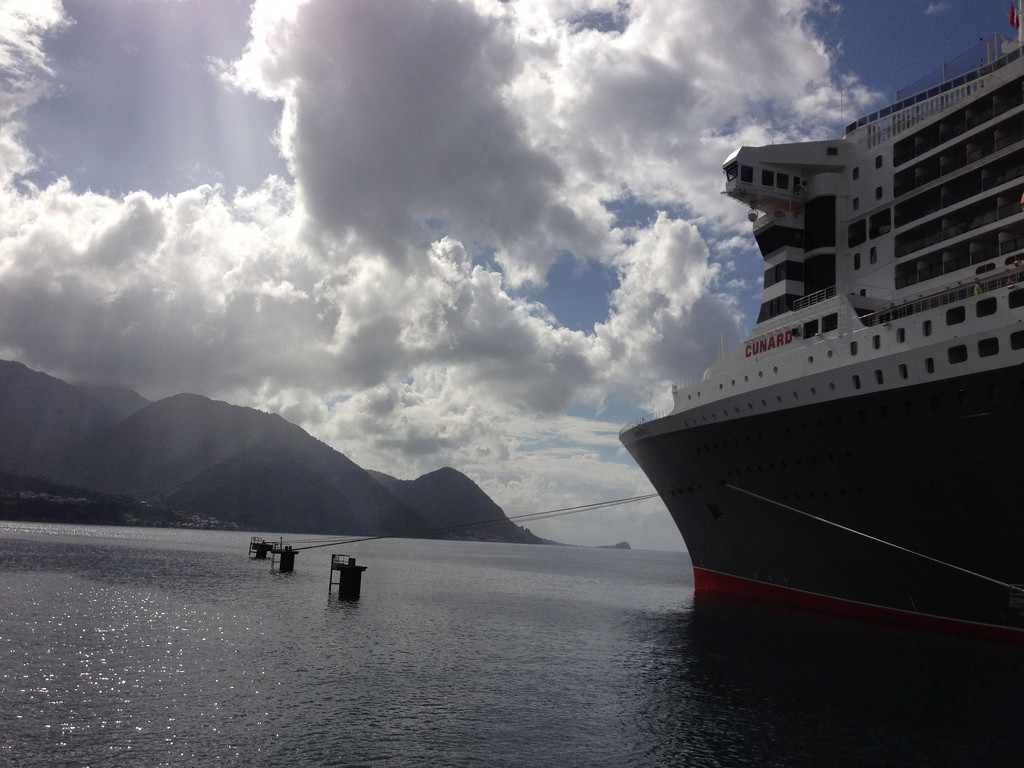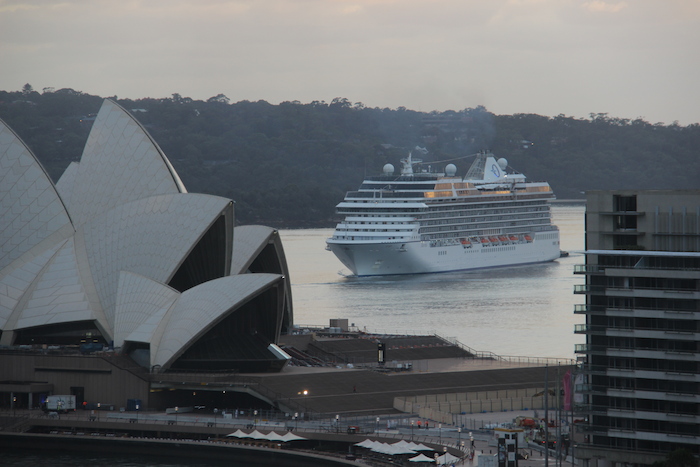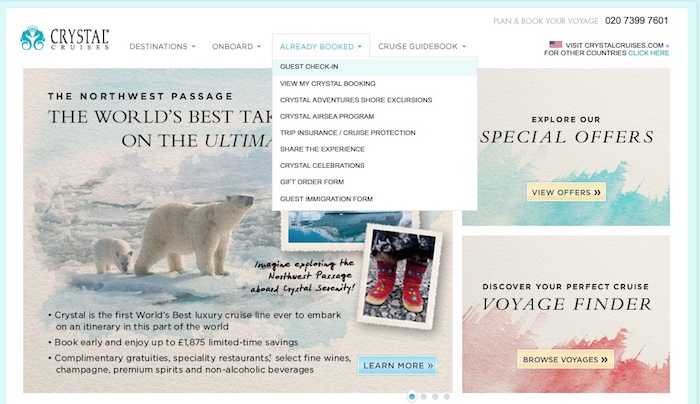Transatlantic Crossing on Queen Mary 2 Observations. Keeping Norovirus At Bay
Transatlantic Crossing Observations. Keeping Norovirus At Bay
This is the second in a series of observations about crossing the Atlantic that I am writing on board a winter crossing on Cunard’s amazing Queen Mary 2. I have been on a number of crossings and have written day-by-day accounts of what happens to help travellers before. So this series is designed to offer more general observations and tips about the experience and the journey. The 1st in the series was: “The Ocean in Motion: Seasickness. Observations, Advice and Tips”. This is about the fear of a Norovirus outbreak.
While Cruise Lines and the Captain of ships fear things like accidents and fire more, the fear of a Norovirus outbreak on board a ship seems to be one of the things that ranks among the things that seems to strike real concern in the cruising world. It means a lot of processes and discipline is deployed to avoid it.
This was struck home to me on this Crossing more than ever before. Not only did we all have to sign a declaration when checking in that we have not been suffering from any vomiting and diarrhoea as usual, but also there have been somber and stern messages about the topic since boarding. The Captain has made a number of announcements to the whole ship over the public address system both before we left Southampton, and on the Crossing itself. The concern has been driven by the fact that incidents of Norovirus are up globally, across land and sea, by a staggering 60% in the last year. Also it is very topical for two reasosn:
- A sister cruise line to Cunard (P&O) that also operates out of Southampton, has seen outbreaks on 2 of their ships in the week before our departure.
- A number of hospitals in the UK have stopped all visitors this week in an effort to stop outbreaks.
What is Norovirus?
It is a form of gastrointestinal illness which usually causes nausea, vomiting and diarrhoea. People with it can also have headaches, fever and stomach cramps. Up to 1 in 30 people can suffer from it every year.
As it is very contagious, and spreads easily through touch, it tends to get the most publicity and coverage when it breaks out on a ship. The contained nature of a ship makes an outbreak more visible, clearly identified and reported. It can also spread fast through a ship if passengers are careless about hand washing and hand sterilising, and so it can quickly spread the very strong and resilient germs about during an outbreak. Ships have very strict cleansing protocols, but it can still end up spreading if passengers are not as disciplined too.
How is Norovirus treated?
Time seems the most treatment to clear it out the system. The symptoms can be treated to control vomiting, diarrhoea and dehydration. People are usually put into quarantine in their cabins if on a ship to avoid spreading the germs until they are better This can be for 48 hours. This makes for a rather unpleasant holiday!
How is a outbreak of Norovirus prevented?
The main factor is cleanliness from preventing Norovirus from spreading. In addition to the cleansing processes on the Queen Mary 2, the Captain has asked for passengers to wash hands as regularly as possible – with a full 20 seconds washing. In addition, around the ship and public areas are hand alcohol gel dispensers for people to gel their hands when entering food areas and other public places. People can also try and avoid touching areas that everyone else is. Though when passing through rough seas, like we are, it is hard not to use and hold handrails a lot!
All ships have to undergo regular assessments by the UK and USA Vessel Sanitation Authorities, who have standards and regulations to ensure ships are stopping the spread and outbreak. The key is for passengers to be as disciplined!
The good news is that the Captain’s appeal and advice has paid off. He has reminded everyone on the Queen Mary 2 that the issue on land in the UK is a big one, and he wants to keep it off the ship. So lots of good long hand washing and gel all round!
People think of accidents and fire as risks. But they also need to think of Norovirus. Not just at sea but at home too. It is a fast growing issue, and one that can be prevented.




